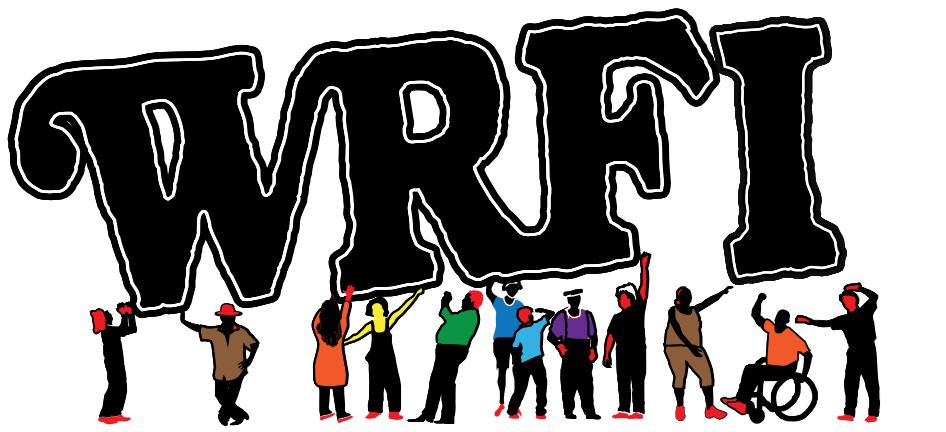Advocates Continue Push to End College Transcript Withholding in NY

ALBANY, N.Y. -- A measure to end college transcript withholding due to outstanding debt did not pass this session, but its supporters will continue advocating for those affected by the practice.
Ripple effects of transcript withholding range from a student's inability to complete their degree, apply for certain jobs or return to school.
Melanie Kruvelis, Northeast senior manager of policy and advocacy for the nonprofit Young Invincibles, said such policies disproportionately impact low-income students and students of color, and the issue is cyclical.
"They have this outstanding debt, and they're not actually able to get those high-paying jobs, to pay off that debt, because they don't have the credentials," Kruvelis outlined.
Data from December 2019 to March 2020 show SUNY students from Black or Latinx neighborhoods are eight to 10 times more likely to be affected by institutional debt-collection practice lawsuits.
While the bill passed in the state Senate, it failed to move out of an Assembly committee. Young Invincibles said they will take the issue to the next legislative session, and continue research into how the practice impacts New Yorkers.
Kruvelis noted the debts are not state, federal, or private loans, they are amounts specifically owed to the higher education institution.
The Student Borrower Protection Center found that schools receive very little money when they collect on the institutional debts. Ending transcript withholding would put priority on all students being able to obtain a degree.
"What it would really do is say that this particular practice of holding students' transcripts hostage runs counter to the purpose of our higher-education institutions," Kruvelis contended.
Research by the not-for-profit group Ithaka shows that a college degree has the potential to increase a person's lifetime earnings up to $600,000.
California, Washington, and Louisiana are the only states to pass similar legislation so far.
